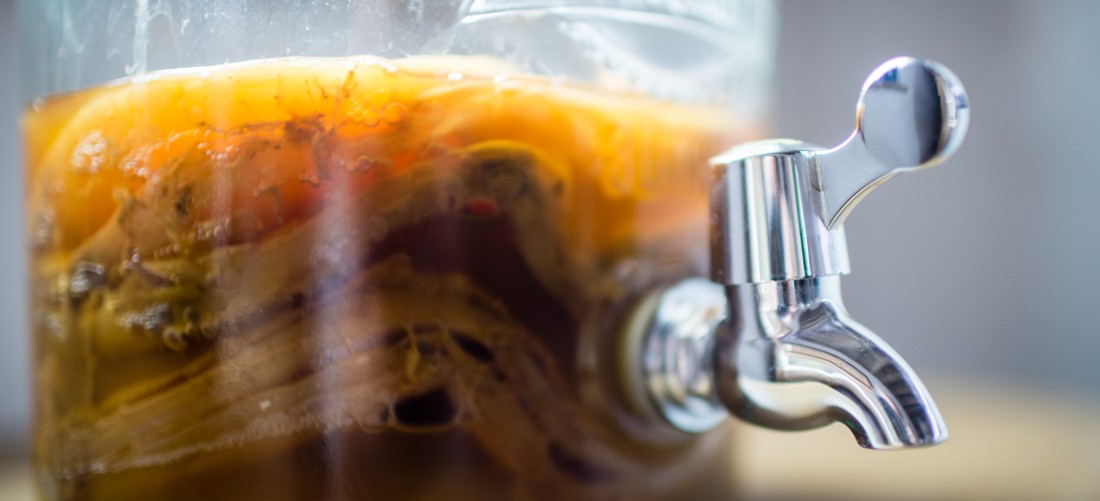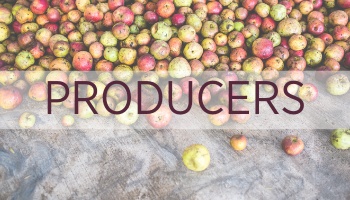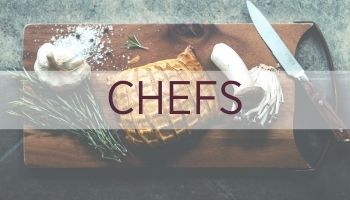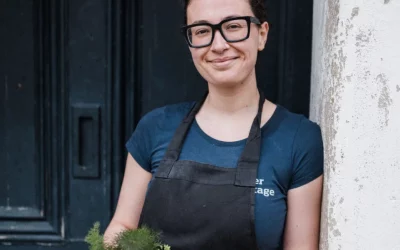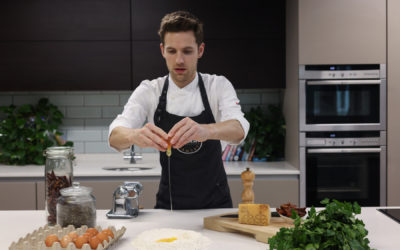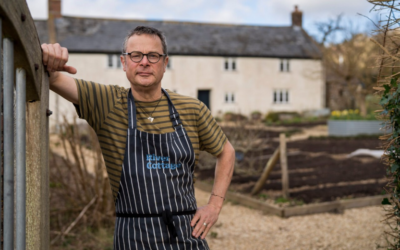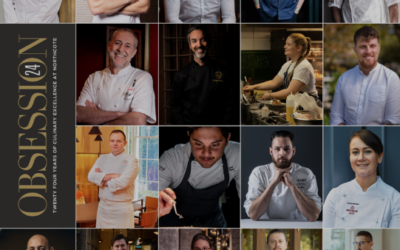Traditional Chinese medicine teaches us that when the stomach is healthy, the body is healthy. This principle has since been studied in Western medicine, too; a growing body of medical research confirms that the type of bacteria we have in our stomach directly affects our overall health and wellbeing.
Eating cultured, pickled foods is a well-documented part of human evolution. These foods have been consumed for many centuries; in fact, evidence suggests that societies which have continued following their ancestors’ original, non-pasteurized recipes tend to live longer and healthier lives.
Scientists are only just beginning to explore this range of bacteria – there are more strains of bacteria in our stomachs than there are cells in the human body – but what we do know is that the human stomach needs to be populated with good bacteria. It must also have the right amount of acid to digest food, since antacids are counterproductive.
Digestive issues, weight gain and auto-immune problems
When we don’t have enough good bacteria, bad bacteria can thrive and illnesses can quickly develop. Digestive issues and weight gain are among the most common of these, but a lack of good gut bacteria can even be linked to auto-immune problems such as thyroid issues, as well as rheumatoid arthritis and even Type 1 diabetes.
The job of your stomach is to break down food, which it does with the help of hydrochloric acid and bacteria. But when food has been cultured (or pickled), the bacteria have already broken it down, meaning there’s less stress on your stomach, and food is digested more quickly and easily. The additional bacteria on the fermented foods also helps to break down the other food that you have eaten with the cultured food.
As fermented food has live bacteria in it, it contains essential enzymes – and enzyme depletion is also responsible for numerous illnesses and conditions as we grow older. Apart from breaking down food in the stomach, enzymes process toxins and remove them from the system, so the greater the number of enzymes we have in our bodies, the healthier we’ll become.
The importance of live pickling
Eating a diet that’s more consistent with the food eaten by early humans is the best way to start restoring your gut health. Preserving vegetables by pickling them, rather than pasteurising them (which kills off beneficial bacteria, as well as harmful bacteria) is a great first step.
“Never has our health been so important,” says William Chase, founder of Willy’s ACV – specialists in live pickling and wellness products. “These difficult times have shown us the importance of taking care of ourselves, and that’s why so many people are exploring natural products to support them on their journey to wellness.”
Fermented vegetables contain a lot of vitamin C, and the higher the amount of vitamin C your body has, the greater the effectiveness of your immune system. Plus, by pickling your own vegetables, you’ll be manufacturing the best Lactobacilli available, at a fraction of the cost of buying probiotics.
Live picking your own vegetables
Pickling vegetables is surprisingly easy to do. With a little live culture apple cider vinegar, salt, sugar, and select spices, you can transform ageing veggies into a savoury stand-alone snack or zesty ingredient – thinly sliced carrots and cabbage with caraway seeds, for example, make a particularly delicious jar.
RECIPE: Live Pickling with Gherkins or Cauliflower
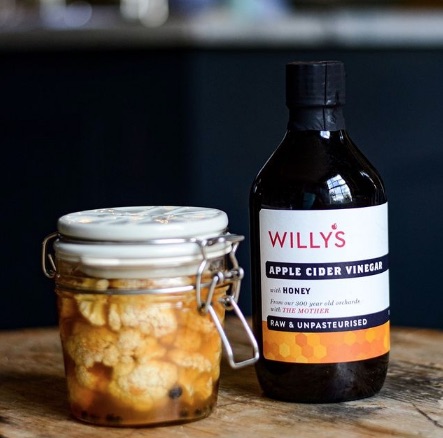
Here’s a quick and easy way to make pickled gherkins, which uses the same method that would have been used by your grandparents and even great grandparents.
Preparing your equipment:
Before you start, it’s essential to ensure all your jars and the equipment you use is clean and sterilised. Wash jars and lids in hot, soapy water, then rise and place on a baking tray in a low oven for 10 minutes, or until completely dry. If you’re using rubber seals, remove the seals and cover them in just-boiled water. Don’t forget to sterilise any funnels, ladles or spoons you’ll be using.
Ingredients
• 1kg small pickling or ridged cucumber or cauliflower florets if you prefer
• 85g coarse crystal sea salt
For the pickling Apple Cider Vinegar
• 1 tbsp black peppercorns
• 1 tbsp coriander seeds
• 1 tbsp yellow mustard seeds
• 10 cloves
• A few pieces of mace blades
• A pinch of chilli (if you like a bit of heat!)
• 2 bay leaves
• 700ml Willy’s Apple Cider Vinegar, plus 3.5 tbsp
• 70g sugar
• A handful of dill sprigs (fresh in summer, but dried is fine in winter).
Method
- Cut the pickling or ridged cucumbers into sticks or slices. Or cauliflower into florets. Layer with the coarse crystal sea salt in a large bowl, cover and leave overnight. Drain away the brine, then rinse.
- To make the pickling vinegar, put the whole spices in a medium saucepan. Toast over a low heat until they begin to smell aromatic. Add the dried chilli flakes last (if using them), as these can easily burn. Add the bay, pour in all the vinegar and sugar, let it dissolve, and bring to a simmer. Add the dill sprigs.
- Pack the cucumber or cauliflower into jars, pour over the hot vinegar and seal. It’ll be ready to eat in two weeks, or longer, if you like. Remember that for pickles to last in the jar, the vinegar must be 6% acidity or above.

